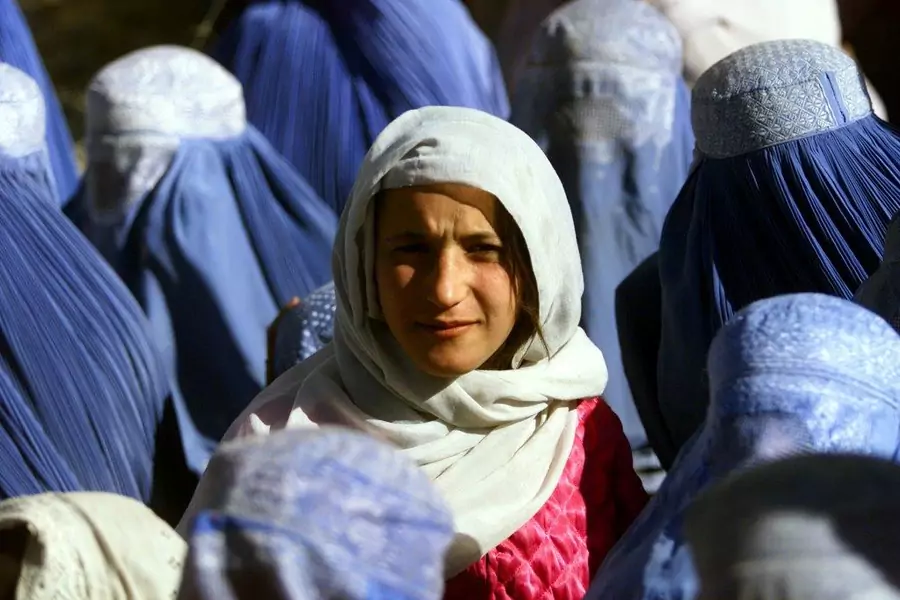Afghan Taliban bans women from working for NGOs
The United Nations has denounced a Taliban directive prohibiting women from working for non-governmental organisations (NGOs), stating that the action infringed fundamental rights.
The Islamist authorities defended the action by claiming that female NGO employees had violated dress standards by refusing to wear hijabs.
Just a few days prior, female students were prohibited from attending universities.
Additionally, the US Secretary of State criticised the action, warning that it would be “devastating for the Afghanistan Afghan.”
Female Afghan NGO workers acting as the main earners in their household told the BBC of their fear and helplessness.
One asked: “If I cannot go to my job, who can support my family?” Another breadwinner called the news “shocking” and insisted she had complied with the Taliban’s strict dress code.
A third woman questioned the Taliban’s “Islamic morals”, saying she would now struggle to pay her bills and feed her children.
“The world is watching us and doing nothing,” said another female interviewee. The BBC is not publishing the women’s names in order to protect them.
The Ministry of Economy sent a letter to both domestic and foreign NGOs on Saturday with the directive. Any organisation that does not immediately comply risked having their licence revoked.
It was explained that by not donning the headscarf, ladies were violating Sharia law.
International indignation has been generated by the action, which US Secretary of State Antony Blinken described as “will disrupt vital and life-saving assistance to millions.”
“Women are central to humanitarian operations around the world. This decision could be devastating for the Afghan people,” Mr Blinken said.
It was also described as a “clear breach of humanitarian principles” by a senior United Nations official.
UN agencies have a significant presence in the country, working for relief and development work. An urgent meeting of the Humanitarian Country Team was planned for Sunday to respond to the news.
An employee of Save the Children told BBC News the organisation was planning to meet Taliban authorities, saying that if women were not allowed to work then some NGOs would have to close.
Afghan Taliban bans women from working for NGOs
It is also feared that Afghan women could be left unable to receive aid directly, if organisations are only allowed to employ men. Taliban rules prevent men from working with women.
Female employees were “essential” for reaching other women and girls, explained Melissa Cornet from Care International.
She added: “Without them, the humanitarian situation might deteriorate rapidly, in a situation where most of the country is already facing life-threatening levels of hunger.”
The South Asian branch of Amnesty International described the ban as “yet another deplorable attempt to erase women from the political, social and economic spaces” of Afghanistan.
One doctor working in the northern city of Mazar-i-Sharif and nearby remote villages said she was “sad and devastated” at the development situation.
She predicted “great difficulty” for women trying to access medical treatment, as they “can’t fully tell their problems to men”.
Meanwhile, one imam – whose identity is again being protected by the BBC – said the Taliban was “not committed to any Islamic value”.
He explained: “Islam has not said that men can educate and women cannot. Or men can work and women cannot. We are confused about this decision.”
Similar criticism was levelled at the earlier this week prohibition on women enrolling in Afghan universities. Protests were started, including one on Saturday in Herat, which the Taliban quickly put an end to.
The organisation has slowly weakened women’s rights since retaking power in the nation last year, while vowing that its rule will be more tolerant than that of the 1990s.
In addition to the ban on female university students, which is currently being enforced by armed guards, most provinces continue to prohibit girls from attending secondary schools.
In addition, women have been denied access to parks and gyms, among other public spaces.
